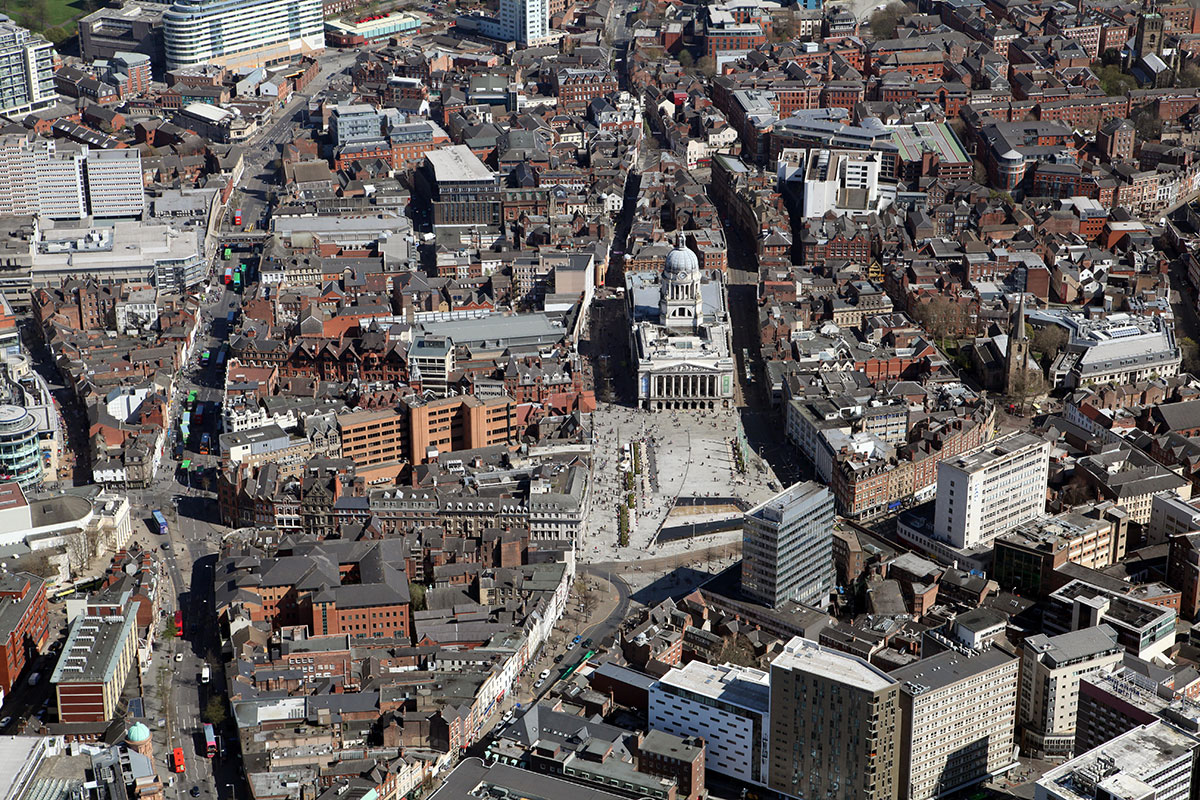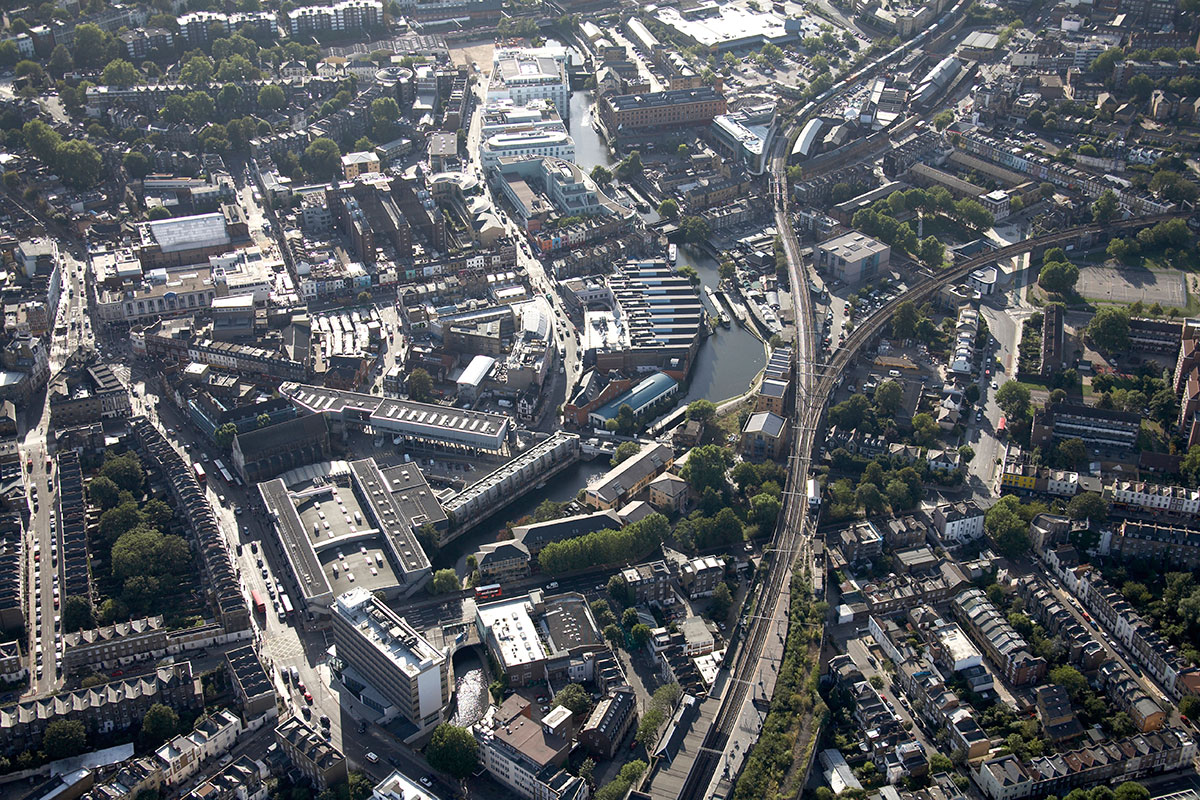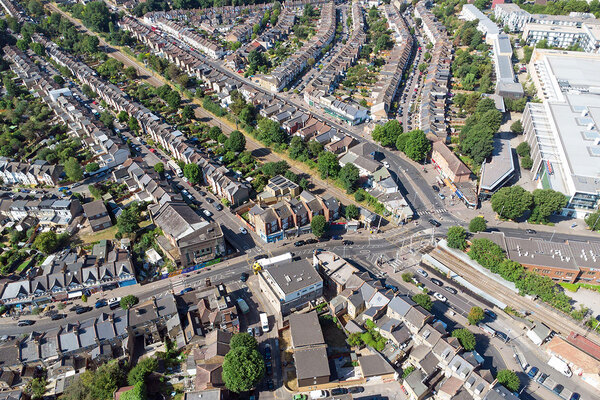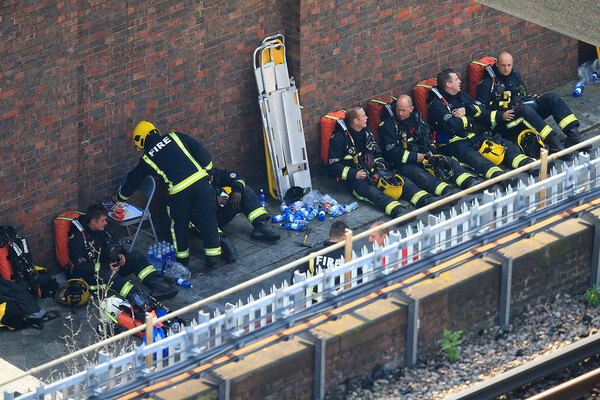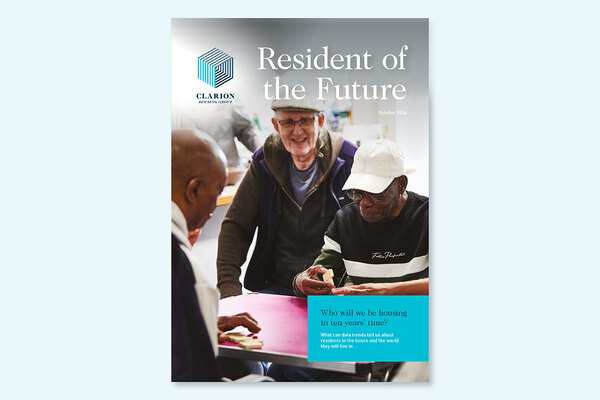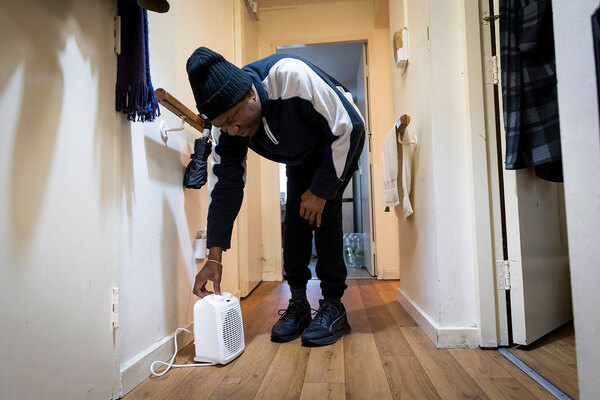You are viewing 1 of your 1 free articles
City council’s homelessness staff have more than five times advisable caseload
Nottingham City Council currently has an average of 165 open homelessness cases per officer, which is more than five times the advisable caseload, a new report has revealed.
According to the council report, which outlines the current situation in relation to homelessness and rough sleeping in Nottingham, there are “currently 2,540 open homelessness cases in Nottingham which is on average over 165 cases per officer”.
However, the Department for Levelling Up, Housing and Communities (DLUHC) advises that a caseload of 30 is needed to “enable officers to engage in prevention work” and has “expressed alarm at encountering caseloads of 75 elsewhere”.
The report, which went before the council’s overview and scrutiny committee this week, describes a “national crisis in homelessness” that has seen a rise across the country in homeless presentations, use of B&Bs, and rough sleeping.
It said that Nottingham is “more highly impacted” than most other core cities – including because of past underinvestment and average incomes being “well below” national averages – while rent increases in the East Midlands over the past year “have been higher than in any other English region”.
“This is now being addressed as part of a wider review of homelessness including a major restructure within the service to provide capacity to undertake active preventative work to reduce the numbers of people becoming homeless in the first instance,” according to the report.
The council’s first approach to tackling homelessness is prevention, by encouraging households at risk of homelessness to contact Housing Solutions at the earliest opportunity.
But according to the report, despite the focus on prevention, “activity to prevent homelessness within the council’s housing solutions is limited by the capacity and number of officers”.
“Despite this, in comparison to the other core cities and London, Nottingham is helping support large proportions of applicants to retain their homes and find alternative accommodation in the private rented sector (PRS).
“This success could be increased if officer caseload could be reduced and so free up more time to focus on further prevention opportunities,” it said.
The council has increased family-type temporary accommodation from 88 units in 2017 to 441 units in 2023 and provides 430 units of supported accommodation for single homeless people, including rough sleepers.
All provision is currently full and there are an additional 169 households in hotel accommodation, which costs about £134 per room per night.
The council is predicting a “significant” overspend this year on temporary accommodation.
Over 12 months in Nottingham, 639 households left temporary accommodation but around 800 moved in.
The average length of stay in temporary accommodation increased from 147 days in 2018 to 256 days in 2022.
“The lack of available affordable housing as well as the unaffordability and high demand for properties within the private rented sector limits the options for permanently rehousing,” the report authors said.
The report also highlighted high levels of Right to Buy sales in Nottingham.
Between 2019 and 2023, there were 988 Right to Buy sales completed while in the same period the council built or purchased 374 new permanent affordable homes, while housing associations completed a further 126 homes.
The council created a homelessness strategy and rough sleeping strategy in 2019 and is taking a range of actions to tackle the issue, including reducing B&B use by, for example, assisting people who are experiencing financial hardship and linking households in temporary accommodation into employment support.
It also aims to increase the supply of temporary accommodation to respond to growing demand, including by delivering properties with devolution funding and making decisions on the conversion of council-owned former care homes into temporary accommodation.
The report said: “Whilst there has been progress to deliver the plan, the full impact is largely dependent upon the completion of the housing solutions restructure and growth project.
“This will bring staffing levels closer to those of peer authorities and will provide the capacity for enhanced prevention and the ability to offer tailored housing options for households.
The council will also look to use the PRS for both temporary and settled homes, and will need a “more proactive approach to securing a larger and consistent supply of PRS homes, through procurement, leasing or institutional investment”.
Sign up for our homelessness bulletin
Already have an account? Click here to manage your newsletters
